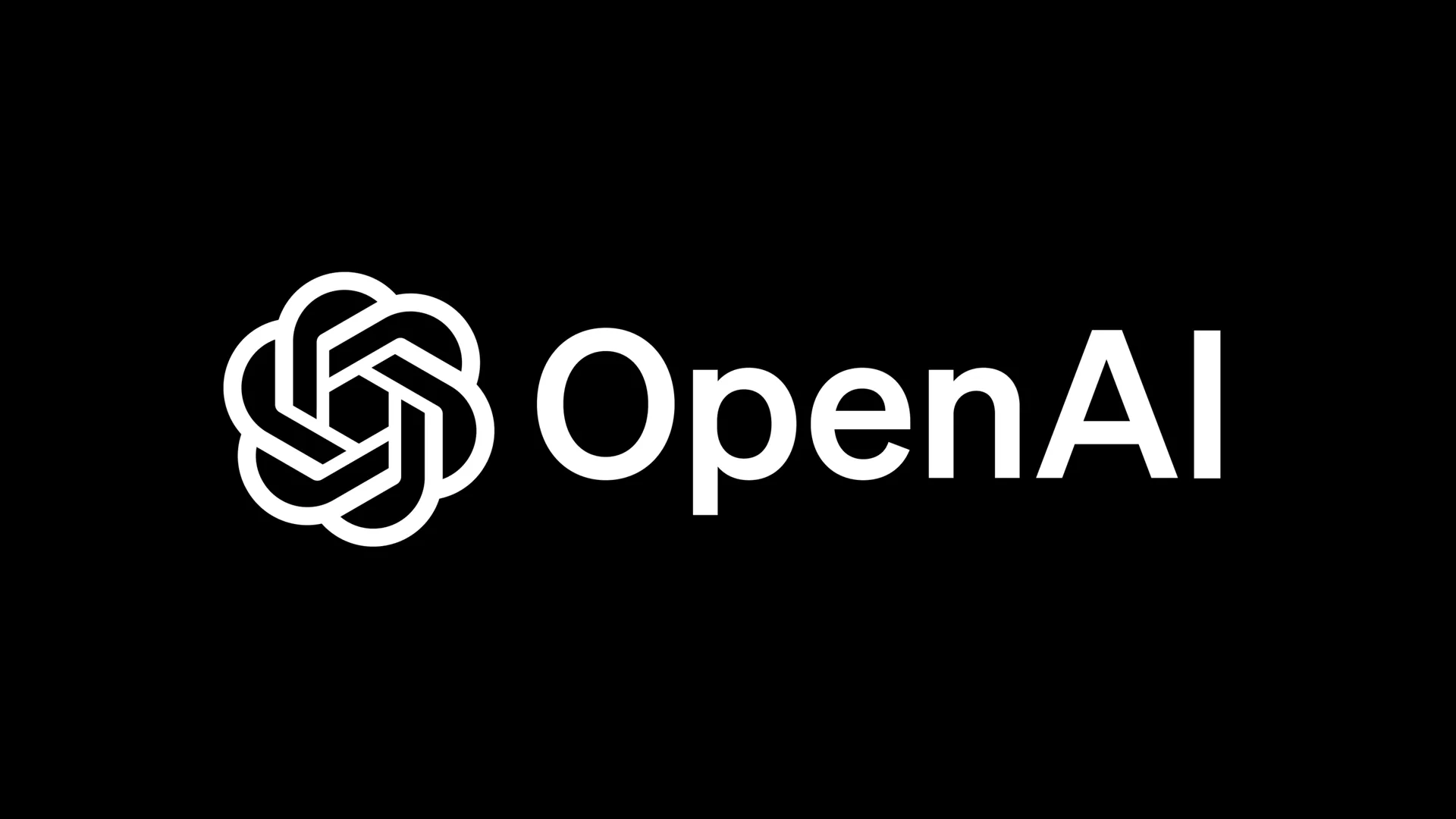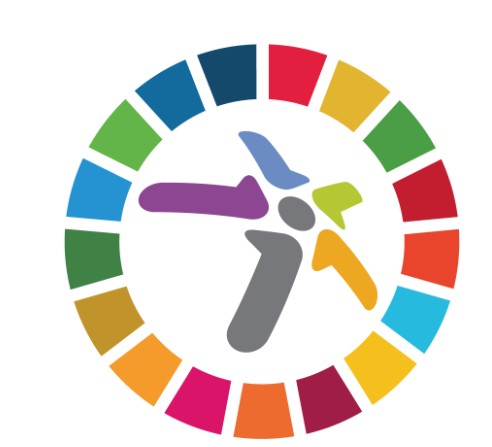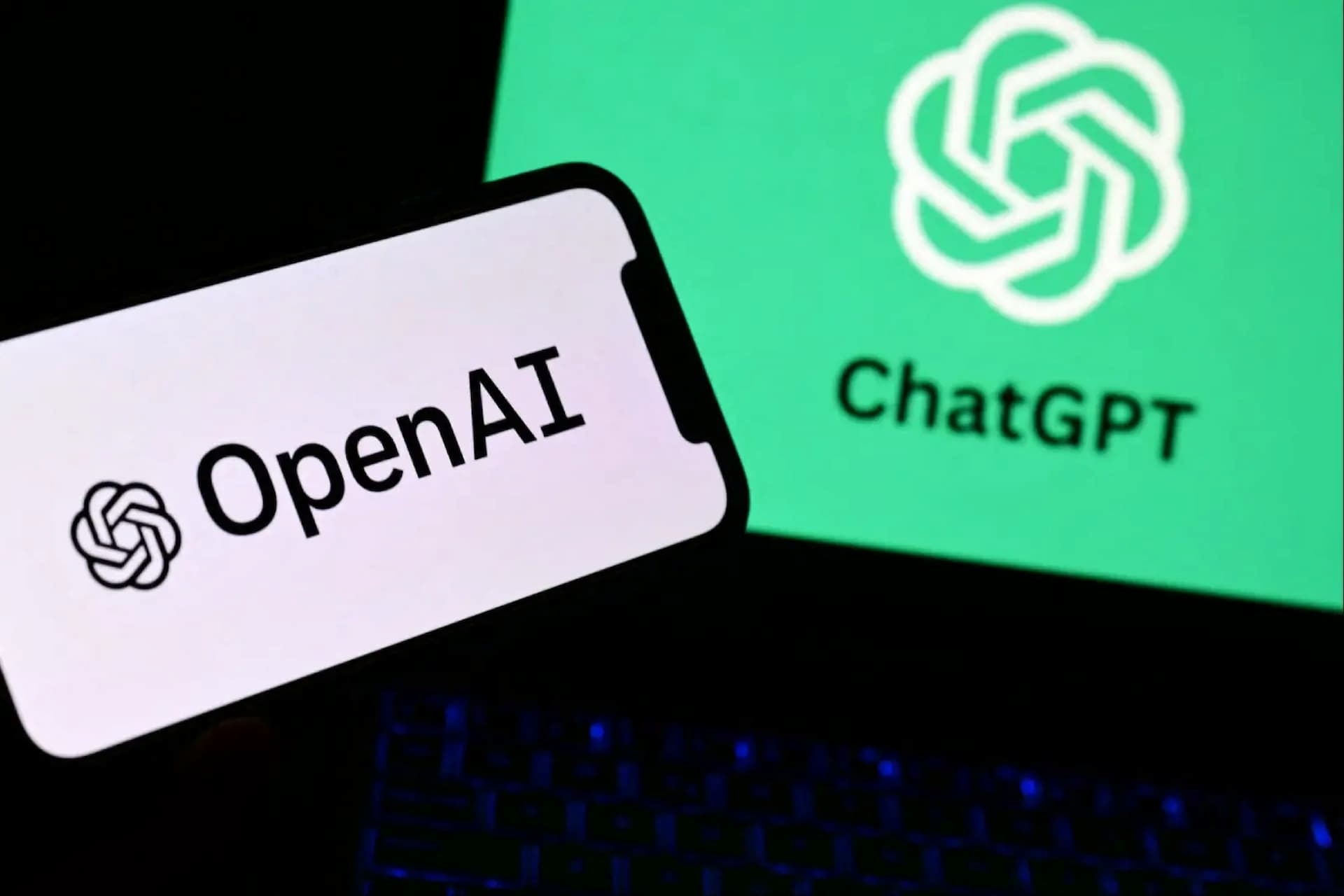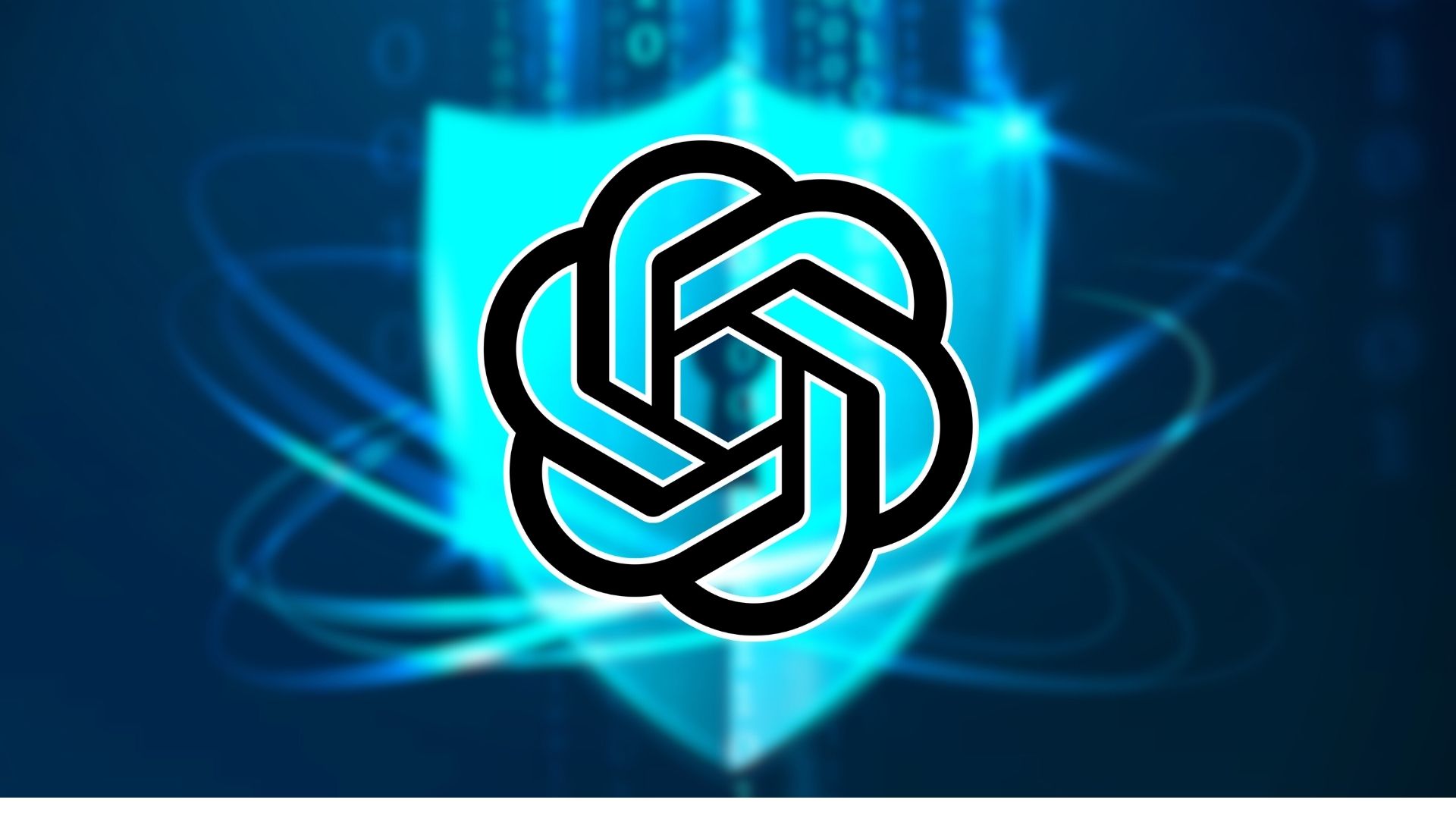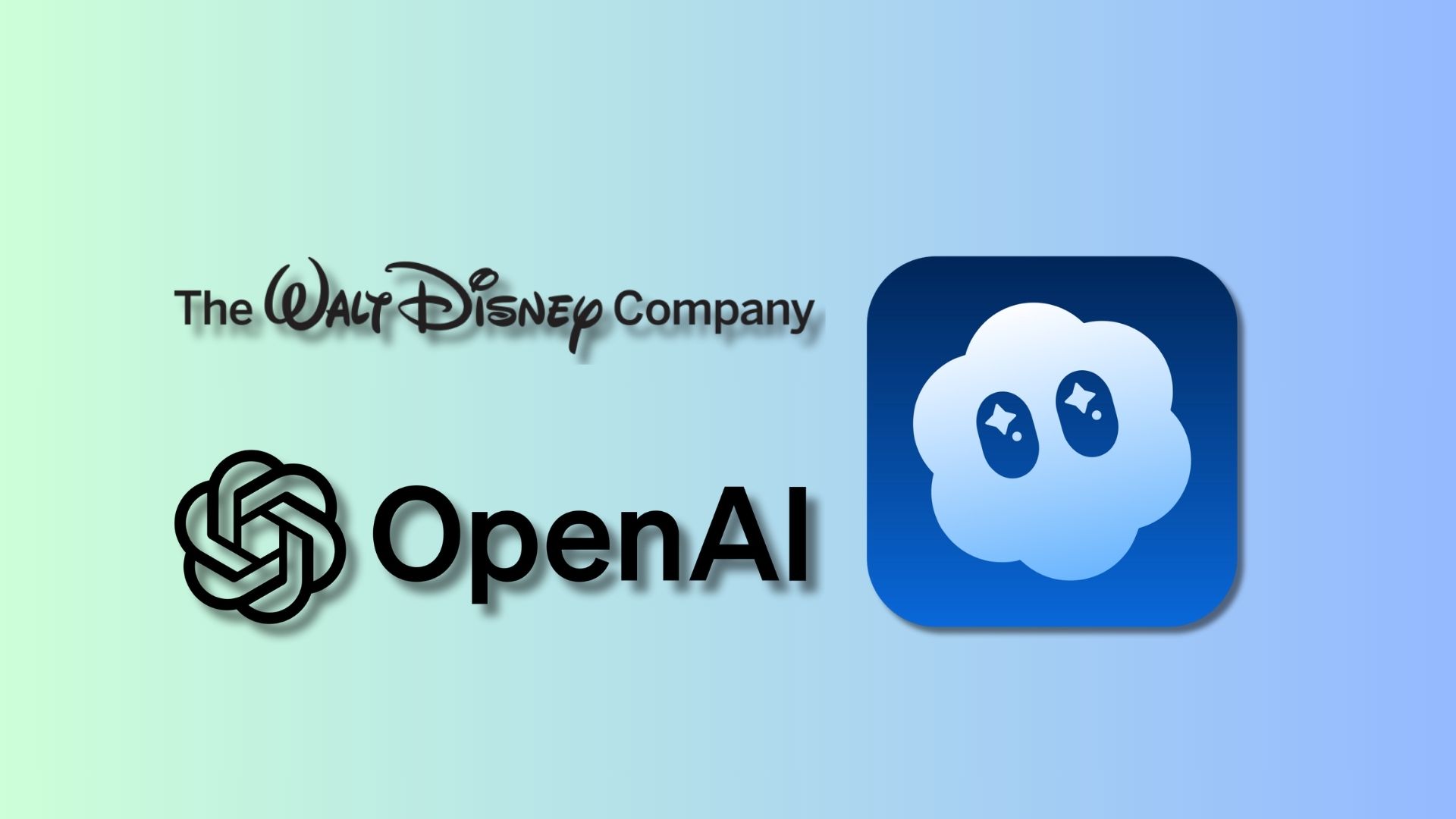Former UK chancellor George Osborne has joined OpenAI in a London-based role. He will lead the OpenAI for Countries programme focused on government partnerships.
The initiative aims to help governments build AI capacity and ensure systems reflect democratic values. OpenAI says more than 50 countries are already involved.
Osborne will work on developing AI infrastructure, boosting AI literacy and improving public services. The role follows discussions with OpenAI chief executive Sam Altman.
His appointment comes as UK-US tech talks face setbacks and investment in AI accelerates. Against this backdrop, financial authorities have warned of risks linked to the sector’s rapid growth.
Would you like to learn more about AI, tech, and digital diplomacy? If so, ask our Diplo chatbot!

